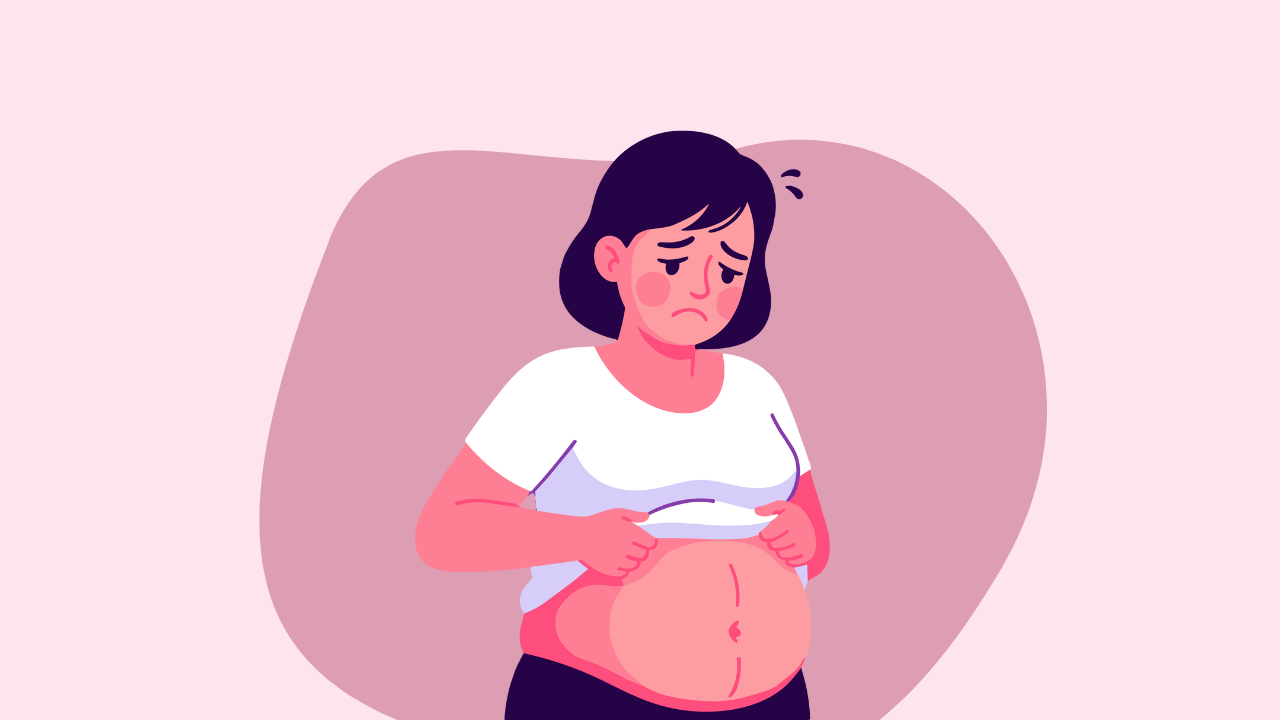Why There's Still Debate Around Self Breast Exams

For years, women have been told mixed messages about self breast exams. Some organizations say they are unnecessary, while others encourage them as part of proactive breast health. The debate comes down to old research, outdated recommendations and evolving science.
The reality is simple: there is nothing wrong with a woman touching her own body to understand what is normal and to find potential changes early. The problem is not with self-exams. The problem is with the way outdated studies shaped decades of guidelines that no longer match the realities patients face today.
Where the Controversy Comes From
Most of the studies used to downplay self-exams were conducted decades ago, at a time when screening and treatment looked very different than they do now. These studies did not reflect the technology, science or individualized care we have today. Digital mammography, breast MRI and advanced ultrasound techniques were not widely available. Genetic testing was rare. Personalized medicine was not part of the conversation.
Even more important, those early studies failed to consider critical risk factors like breast density, family history and genetic mutations. These factors significantly change how aggressively a woman should monitor her breast health, yet they were excluded from research that informed long-standing recommendations.
And in the studies that concluded self-exams do not improve survival rates, treatment options were far more limited. Today, advancements in surgery, imaging and targeted therapies have transformed outcomes, which means relying on decades-old findings to set modern guidelines no longer makes sense.
Why Touch Still Matters
For many women, self-exams are the first step in catching something their doctor might not find until later. Feeling your own breasts regularly helps you recognize what is normal for your body and notice when something changes. This can be especially critical for women with dense breast tissue, who are at higher risk for missed findings on standard mammograms.
Self-awareness is not a replacement for imaging, but it can be a powerful companion to it. By knowing your baseline, you become an active participant in your own breast health — not just a passive recipient of screening results.
Where Feel For Your Life Comes In
At Feel For Your Life, we believe knowledge is power, and your hands are one of your most powerful tools. Our app guides you through self-exams, helps you track changes and gives you reminders to stay consistent. It is designed to meet women where they are, providing tools that complement regular screenings rather than replace them.
The science has changed. Technology has changed. Treatment options have changed. It is time for breast health guidelines to evolve, too. You deserve to know your body, advocate for your health and have access to tools that make that easier.







